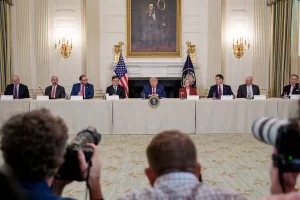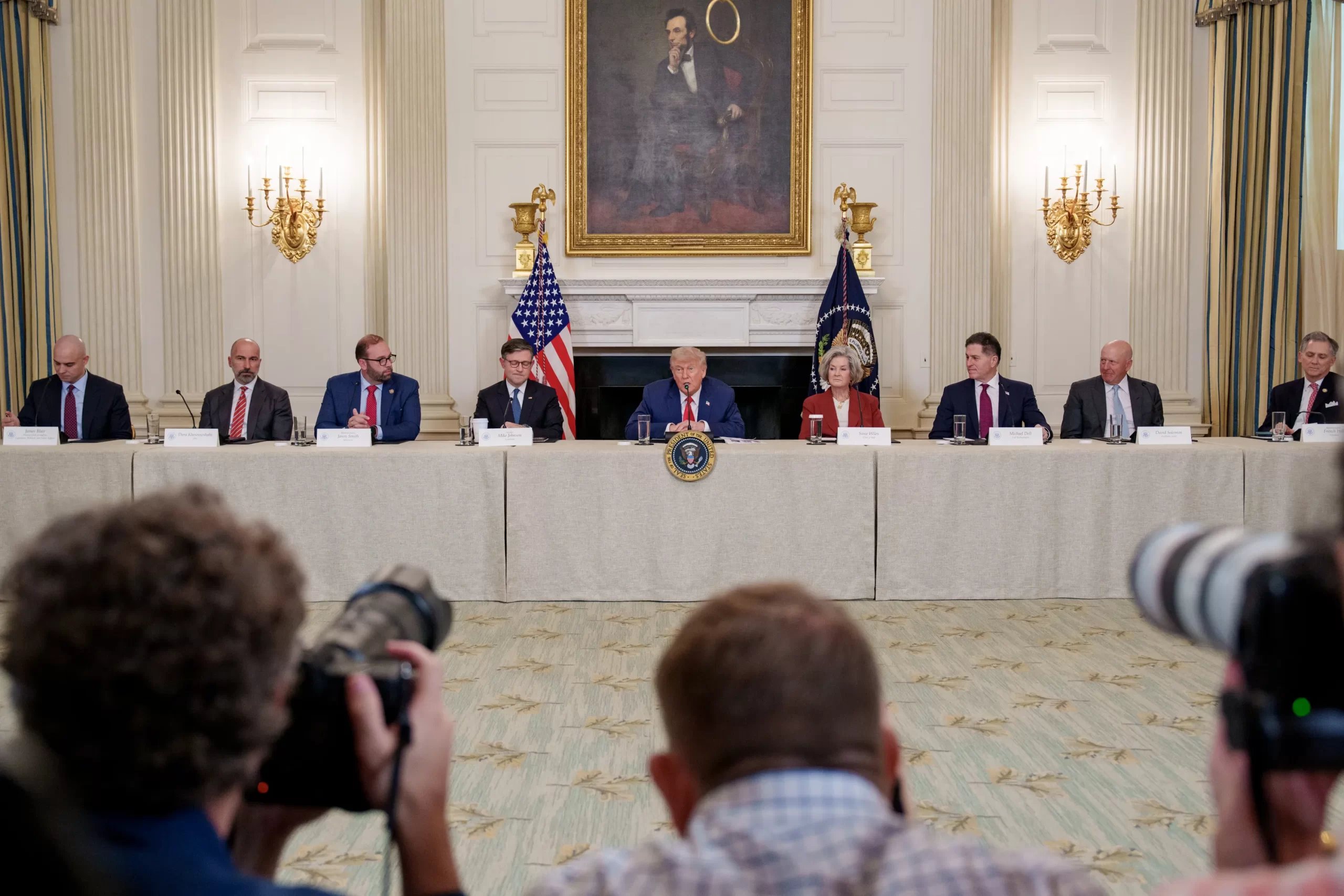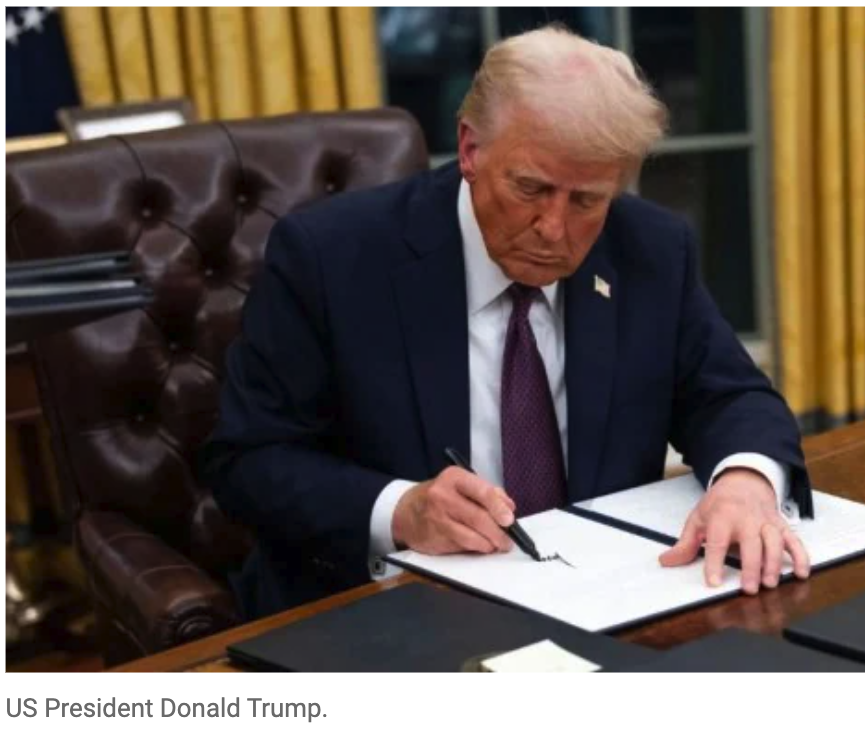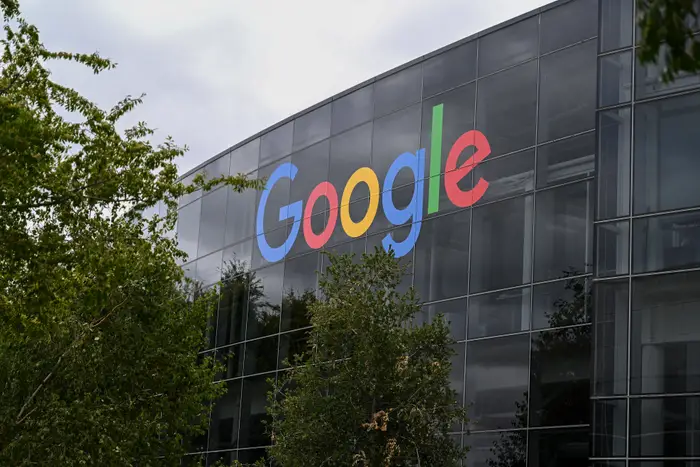Andrew Ng, former head of Google Brain, has expressed support for Google’s decision to remove its pledge against developing AI for military applications. Speaking at the Military Veteran Startup Conference in San Francisco, Ng stated he was “very glad” that Google had changed its stance.
Earlier this week, Google deleted a 2018 pledge from its AI principles web page, which stated the company would not design AI for weapons or surveillance. The change was accompanied by a blog post from DeepMind CEO Demis Hassabis, who emphasized collaboration between companies and governments in building AI to support national security.
Google initially made the pledge following employee protests over its involvement in Project Maven, a U.S. military program that used AI to analyze video footage and could enhance drone strike accuracy. Thousands of employees objected to the project, leading Google to discontinue its participation. Ng, however, was critical of the protests, questioning why an American company would refuse to assist the military.
Ng also welcomed the veto of California’s SB 1047 bill and the overturning of President Biden’s AI executive order, both of which he believed would have hindered open-source AI development in the U.S. He emphasized the importance of maintaining AI leadership to compete with China, noting that AI-powered drones could significantly alter military strategy.
Former Google CEO Eric Schmidt has also advocated for AI in military applications, lobbying Washington, D.C., to invest in AI-driven defense technologies. His company, White Stork, may eventually supply AI drones.
Google’s role in military AI has been a subject of debate among current and former employees. Meredith Whittaker, who led the 2018 protests against Project Maven, opposed Google’s involvement in defense projects, arguing that the company should not contribute to warfare. Geoffrey Hinton, a former Google AI researcher and Nobel laureate, has also called for international regulations against AI weapons. Jeff Dean, now DeepMind’s chief scientist, previously signed a letter opposing the use of machine learning in autonomous weapons.
Beyond Google, other tech companies have faced scrutiny for military partnerships. Google and Amazon employees protested Project Nimbus, a contract under which both companies reportedly provided cloud computing services to the Israeli government. Meanwhile, the U.S. Department of Defense continues to explore AI applications, and major tech firms are seeking military contracts to support their AI infrastructure investments.













